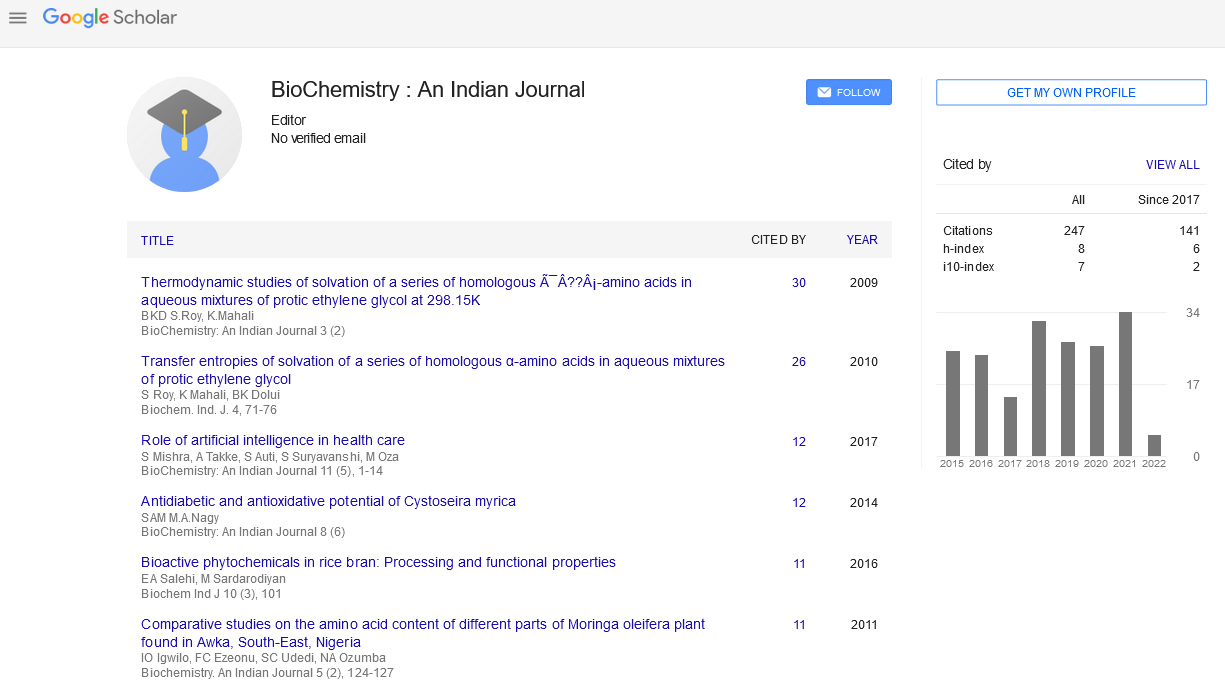Abstract
Cyclooxygenase-2 gene and MAGE Gene m-RNA in hepatocellular carcinoma
Author(s): Faten Zahran, Yousri Hussien, Wael El-Sawy, Amal Ghareeb, Ibrahim Mohei, Marwa SabeaTumor markers in the early detection of tumors are promising tools that could improve the control and treatment of tumors. While alpha-fetoprotein (AFP) is a commonly used tumor marker in the detection of hepatocellular carcinoma (HCC), its sensitivity and specificity are insufficient to detect HCC in all patient samples. This study aimed to evaluate MAGE-1 m-RNA expression in blood, to identify functional single nucleotide polymorphisms in the cyclooxygenase-2 gene promoter and to evaluate the level of serumalpha-L-fucosidase (AFU) and alpha-fetoproteinwhich evaluated in a trial to assess their possible use as a diagnostic tool for HCV infection complications like cirrhosis and HCC. This studywas carried out on the following groups: group I: 25 healthy individuals served as control, group II: 50 HCV infection patients without any complications, group III: 50 HCVinfected patients complicated with cirrhosis and group IV: 75 HCV infected patients complicated with (45 localized and 30 metastatic) HCC. MAGE-1m-RNAexpression in blood, identification of SNP inCOX-2 gene promoter, serum levels of AFU, detection of alpha-fetoprotein using an enzyme-linked immunosorbent assay (ELISA) and some routine liver function (AST, ALT, T.B, Alb and PT) were determined and the results were statistically analyzed revealing the following:MAGE-1m-RNA determination in blood by RT-PCR assay revealed 46.1 %(31 out of 75 HCC patient) were found to be positive forMAGE-1.We found -1195Aallele carriers had a higher risk of HCC with HCVinfection.As regard the obtained results of serumAFU, a significant increase was detected in HCC as compared with cirrhosis, hepatitis and healthy control groups (p <0.001). Concerning the obtained results of serumAFP, when HCC group was compared with cirrhosis, hepatitis and healthy controls, a significant increase was observed (P< 0.001), In conclusion: detection ofMAGE-1 m-RNAin blood, identification of SNP in COX-2 gene promoter and evaluation of serumAFU and AFP have different significances and might be used as markers in screening individuals at high risk ofHCC and give a red light in early detection of HCC which may be reduce its fatal incidence.

